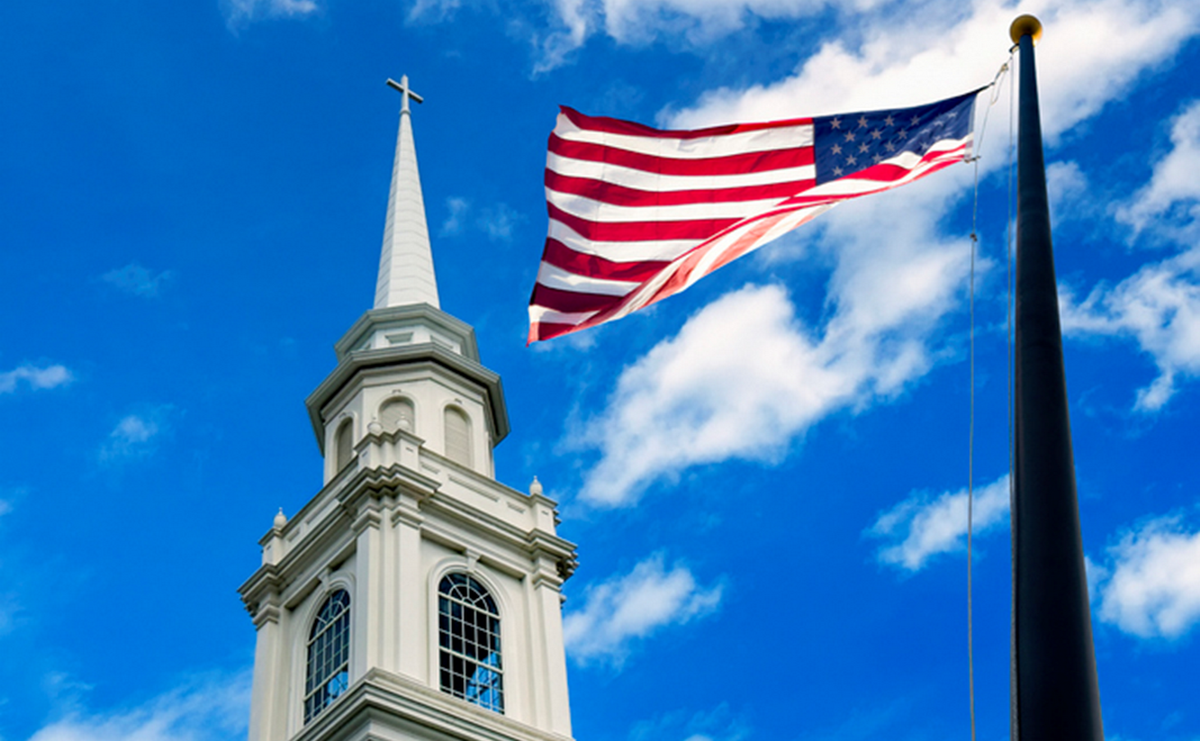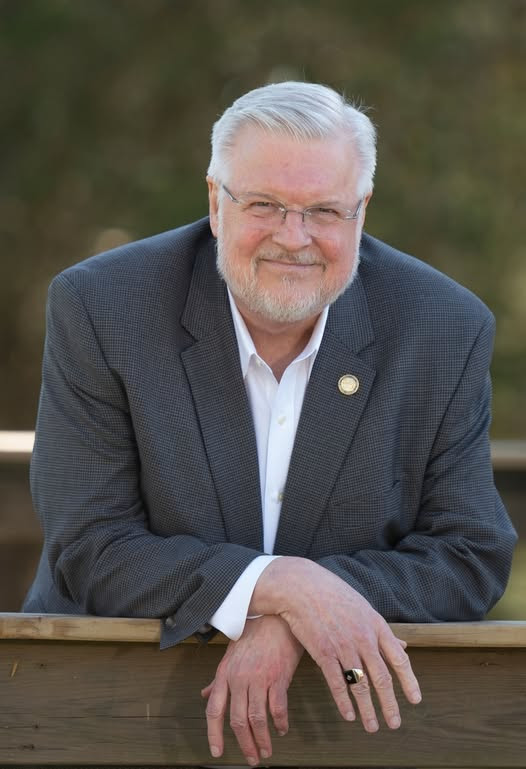By Rev. Mark Creech
Revmarkcreech.org
One of the most foundational, but increasingly forgotten principles in Scripture is God’s command to honor the Sabbath: “Remember the Sabbath day, to keep it holy…” (Exodus 20:8). While Christians recognize that Christ fulfilled the ceremonial law and that the Church now gathers for worship on Sunday – the day of the Lord’s resurrection – the moral imperative to honor a day set apart for God has never been repealed.
Yet in our modern era, Sunday has become indistinguishable from Saturday. What was once a day of rest, worship, and spiritual reflection has become a blur of consumerism, entertainment, errands, and youth sports. If attended at all, the church service is too often viewed as just another item on a crowded weekend checklist.
The cultural shift is undeniable. Gone are the quiet streets of Sunday morning, the packed church pews, and the Sunday table where families gathered to share a meal and reflect on God’s goodness to them. In their place are brunch reservations, ball games, and the frantic effort to get ahead for Monday. While society might not mourn this shift, the Church definitely should. What we’ve lost isn’t just a tradition – it’s a spiritual lifeline.
The Scriptures make it clear: the Sabbath (now the Lord’s Day) is not merely a suggestion. It is a covenantal sign. Isaiah 58 offers a sobering yet hope-filled promise:
“If thou turn away thy foot from the sabbath, from doing thy pleasure on my holy day; and call the sabbath a delight, the holy of the Lord, honourable; and shalt honour him, not doing thine own ways, nor finding thine own pleasure, nor speaking thine own words: Then shalt thou delight thyself in the Lord; and I will cause thee to ride upon the high places of the earth… (vv. 13–14).
This is not just poetic language – it is prophetic. God says, “You align your week with me, and I will lift your life, your family, even your nation, above the chaos and decay.” Nevertheless, this promise is conditional. It requires a turning, a deliberate refusal to go our way, seek our pleasure, or speak our own words. We are not prohibited from doing ordinary things on this day – regular conversations and various works of necessity. But God is saying this Day shouldn’t be like any other. He says, “Don’t make this day about yourself – not in what you do, seek, or talk about. This day should be unique – when one’s thoughts are lifted heavenward, focused on what’s eternal.” It is an invitation to step out of the world’s noise and into the presence of God – to let The Lord’s Day recalibrate the soul, purify the heart, and set the tone for everything that follows in the coming week.
This is not about legalism or checking boxes. It is about honoring what God calls holy. It is about recognizing that the rhythm of six days of labor and one day of rest is not arbitrary – it’s embedded in the created order. God Himself modeled it in Genesis (Genesis 2:1-3). He sanctified the seventh day. He didn’t need the rest, but we did. Yes, it’s true – we can and should worship and serve the Lord daily. But this day is different. God sets it apart for corporate worship, spiritual renewal, and holy rest. It is a day specially designed for us to draw near to the Lord and remind us of who we are and whose we are.
Some argue, “Jesus is our Sabbath rest,” as if we no longer need to set aside one day in seven. But do we say, “Jesus is the fulfillment of the law, so I no longer need to tell the truth, avoid adultery, or honor my parents?” Of course not. The Fourth Commandment was written in stone, like the other nine, for a reason.
Jesus never abolished the need to honor God’s Day. He rebuked the Pharisees for making it a burden, not for keeping it. He said, “The Sabbath was made for man, not man for the Sabbath” (Mark 2:27). In other words, it is a gift, a day to breathe and rest, to worship, to rejoice in God’s goodness, to be with family, to do good works of kindness and grace, to realign with what truly matters in life. If we don’t intentionally make time for this pattern, especially at the start of the week, we will not likely return to it later. Without the anchor of the Lord’s Day, our hearts drift, and the week is lost before it’s even begun.
When we neglect this gift, the consequences ripple. Families no longer center themselves around worship. Children grow up without a framework of spiritual rest and reverence. And yes, even our nation unravels. To forget The Lord’s Day is to forget The Lord of the Day.
We wonder why moral confusion abounds, why there is so much lawlessness, why family life is in such disarray, and why public life is filled with corruption. Could it be that the breakdown started when we stopped honoring the Lord’s Day? When we stopped delighting in God and started delighting in our own schedules – our own entertainment – our own convenience – when we stopped taking care of God’s business and became primarily concerned with our own?
This may seem inconsequential to some – hardly important to the bigger picture. However, the Lord’s Day isn’t a relic – it’s like a spiritual switch. Think of it like the tracks of a train. A tiny adjustment at the switch can determine whether that train ends up at its destination or miles off course. Honoring Sunday as the Lord’s Day might seem like a small thing. Still, its impact on the trajectory of our lives and our culture is enormous.
If we want revival in America, we must begin with repentance. That means restoring the things God calls holy, starting with his day.
This Sunday, and every Sunday, ask yourself:
- Am I going to church? The Bible commands us not to forsake this practice (Hebrews 10:25).
- Am I preparing my heart for worship?
- Am I resisting the pull of distractions and commerce?
- Am I filling the day with rest, Scripture, prayer, and gratitude?
- Am I devoting this time to family or someone in need?
- Or have I let Sunday become like another Saturday?
I am going to say something striking because I believe it’s true. We will never rise spiritually above our regard for the Lord’s Day. It is a weekly test of our priorities. You cannot say you honor the Lord and continually dishonor his day.
If we return – if we recover the delight of God’s appointed day – then the promise of Isaiah applies: He will cause us “to ride upon the high places of the earth” (Isaiah 58:14). That is not just a personal blessing; it is a solemn promise from God for national renewal. Our American forefathers understood this well, grounding public virtue in private piety and the sacred cadences of the Christian Sabbath.
The renewal America needs doesn’t begin in Washington or on Wall Street; it starts in the Church. It starts in Christ-honoring, Bible-believing, evangelistic churches. And it begins – not someday – but Sunday.
Taken from a sermon by Rev. Mark Creech, titled “Liberty and the Lord’s Day.”


